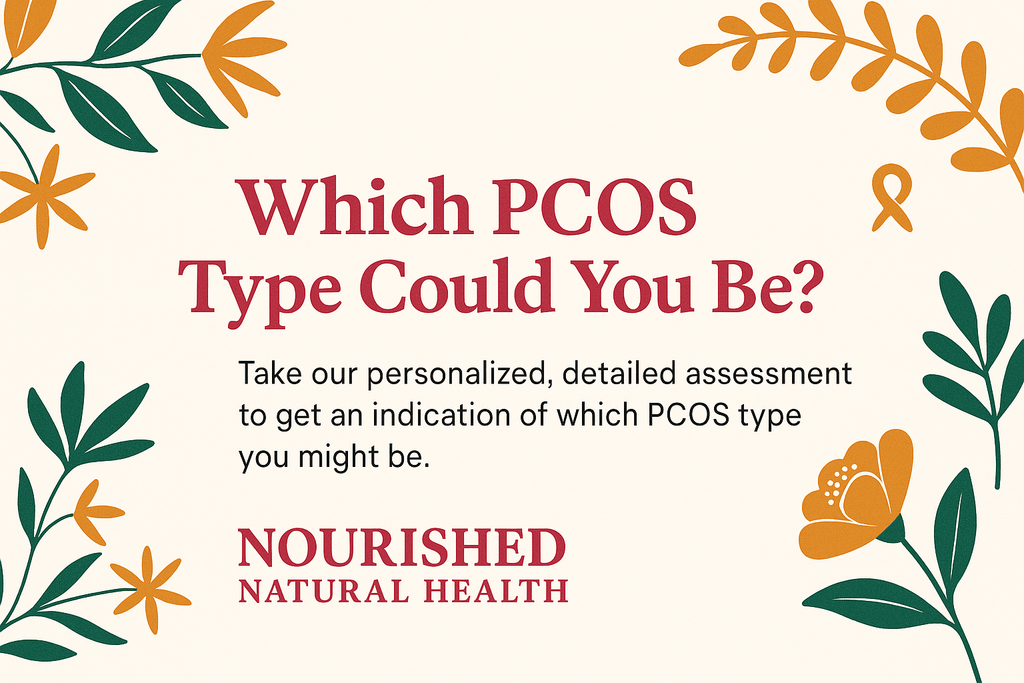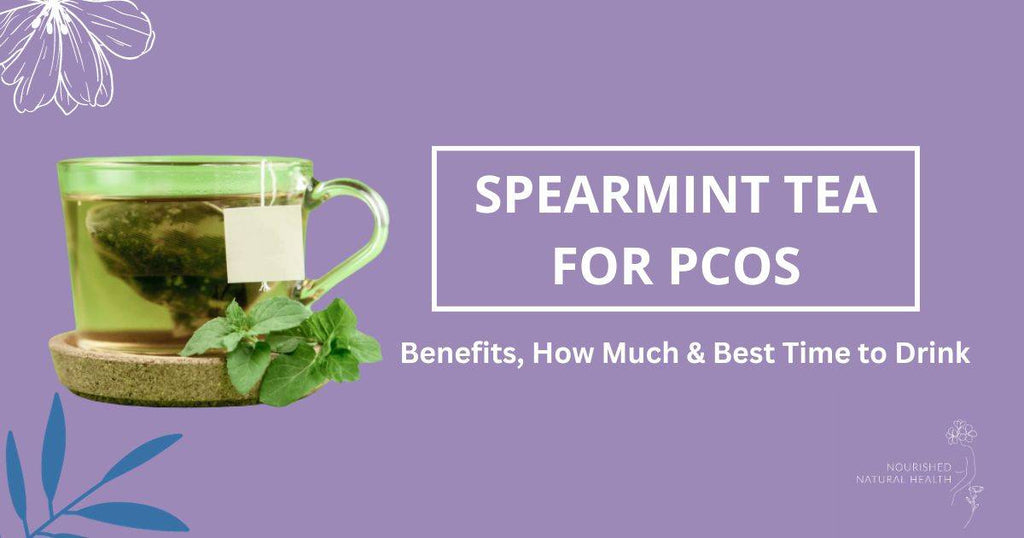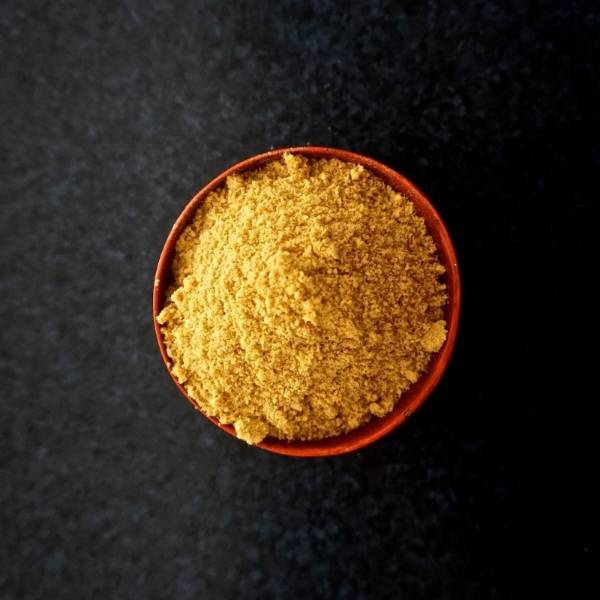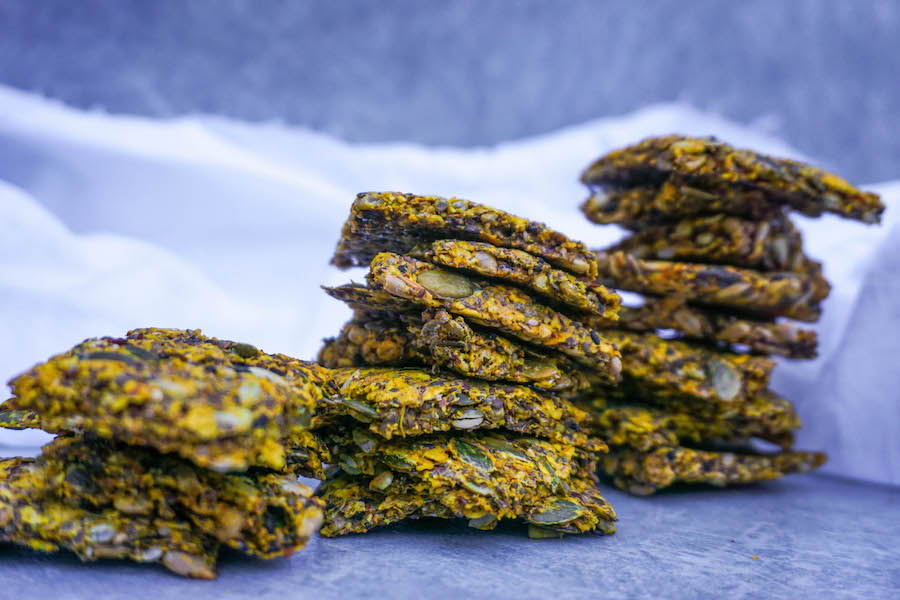For a decade, Tamika battled chronic acne, irregular cycles, mood swings, hair loss, painful periods, severe digestive issues and Polycystic Ovary Syndrome (PCOS). You name it - she's been there!
Tam was finally able to clear her skin, regulate her cycle, be free of period pain and fall pregnant naturally with her daughter in 2020. It took Tam 10 years and tens of thousands of dollars in tertiary education to get the answers she needed to get better.
She didn’t want other women to suffer as long as she did which is why she has dedicated her life to helping women in the same position as she was.
Tam helps women interpret what their bodies are trying to communicate through frustrating symptoms, and then develop a step-by-step roadmap to find balance again. She's here to help you get on track!
Tamika Woods is the author of the Amazon best seller PCOS Repair Protocol. She holds a Bachelor of Health Science degree (Nutritional Medicine) as well as a Bachelor of Education, graduating with Honours in both.
She is a certified Fertility Awareness Method (FAM) Educator and a certified member of the Australian Natural Therapists Association (ANTA).











